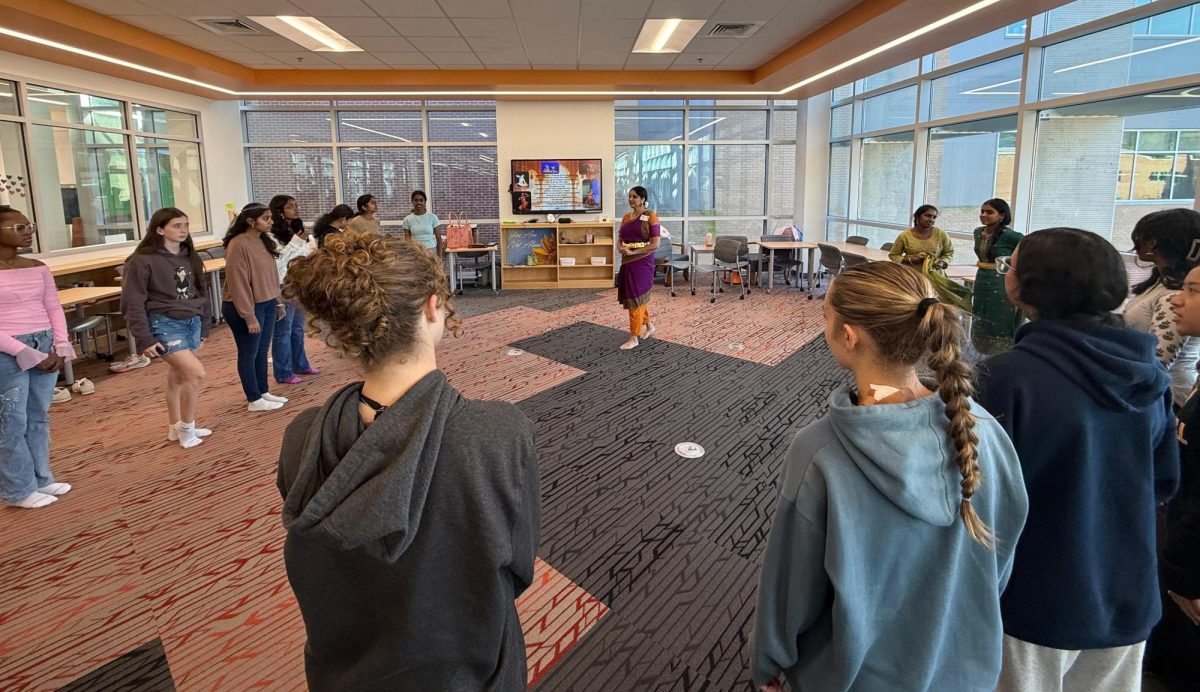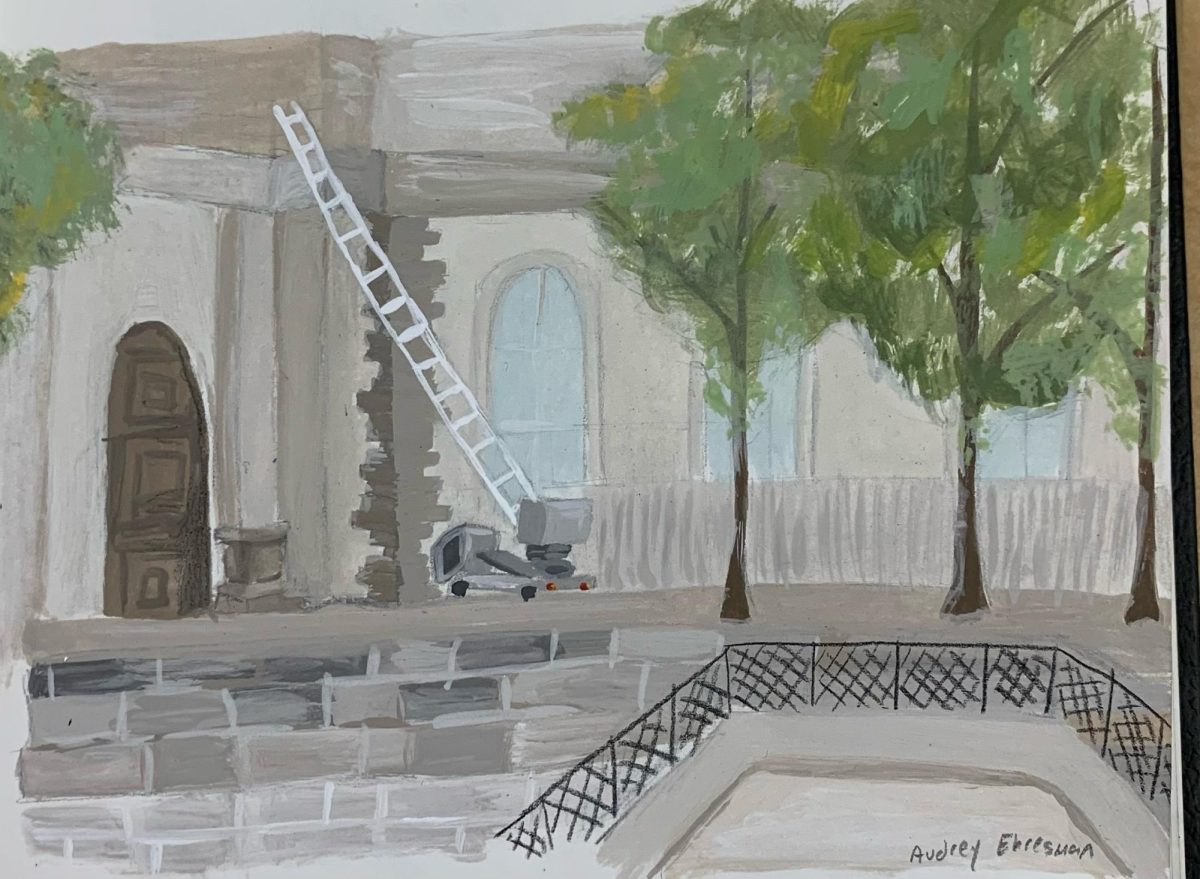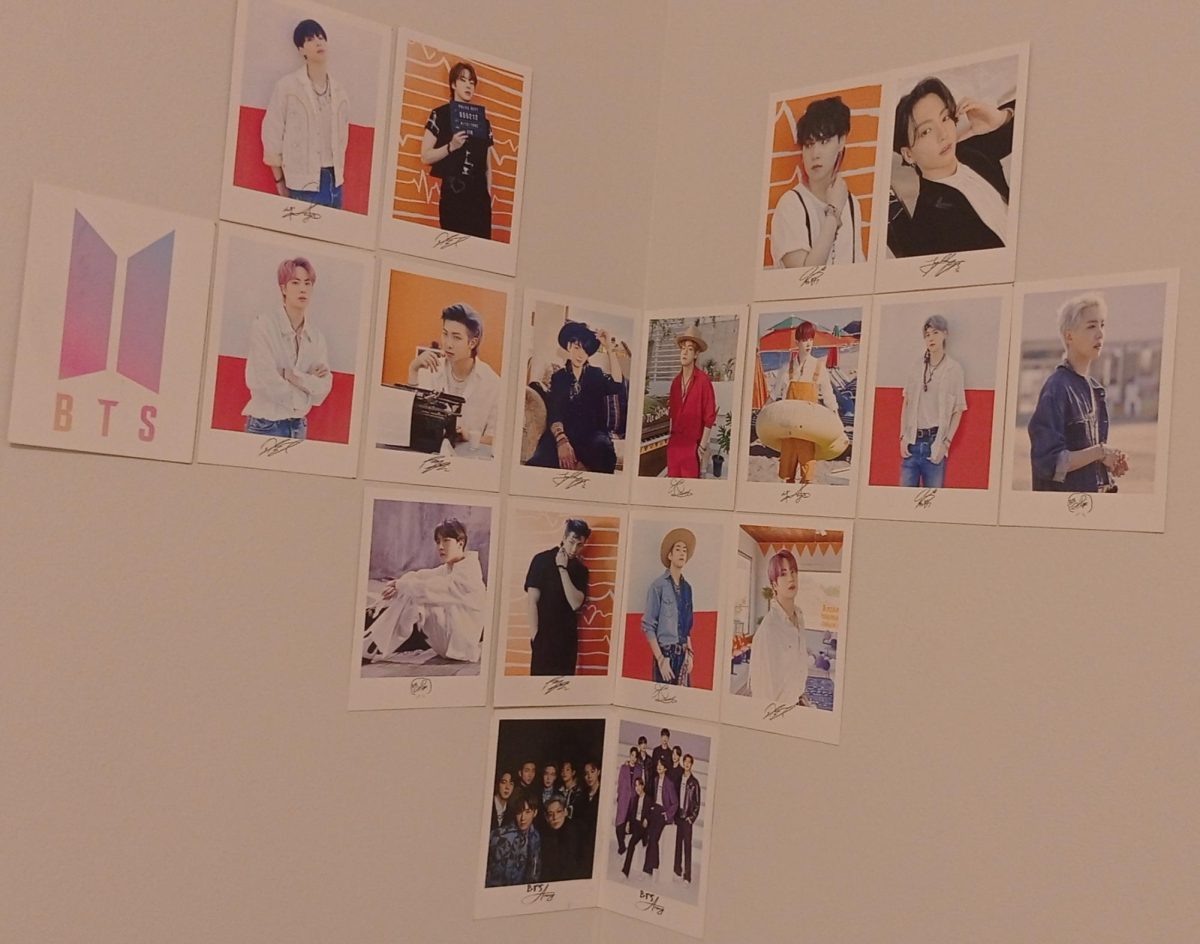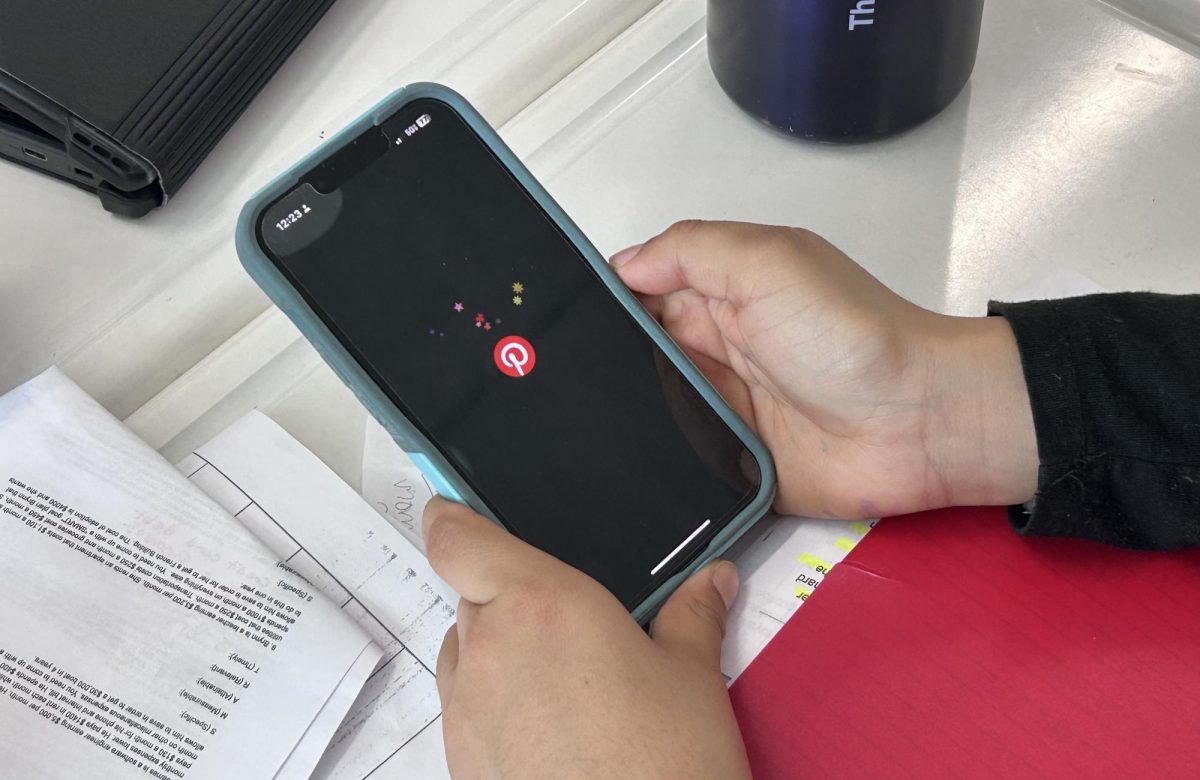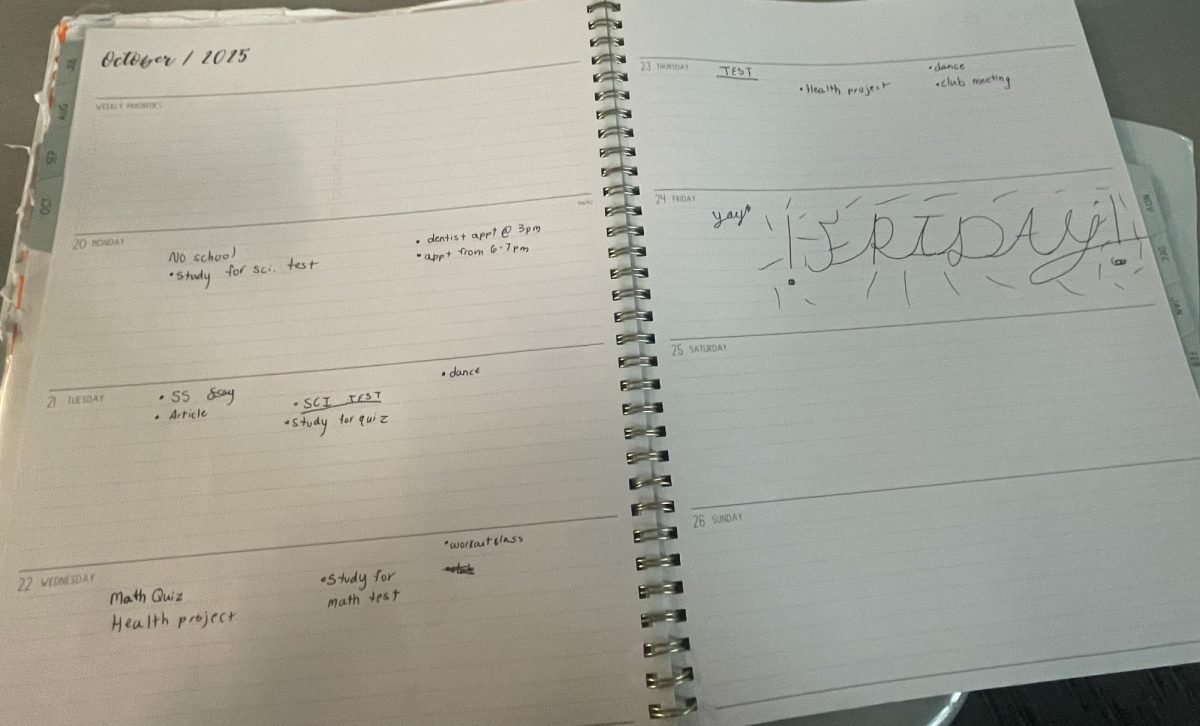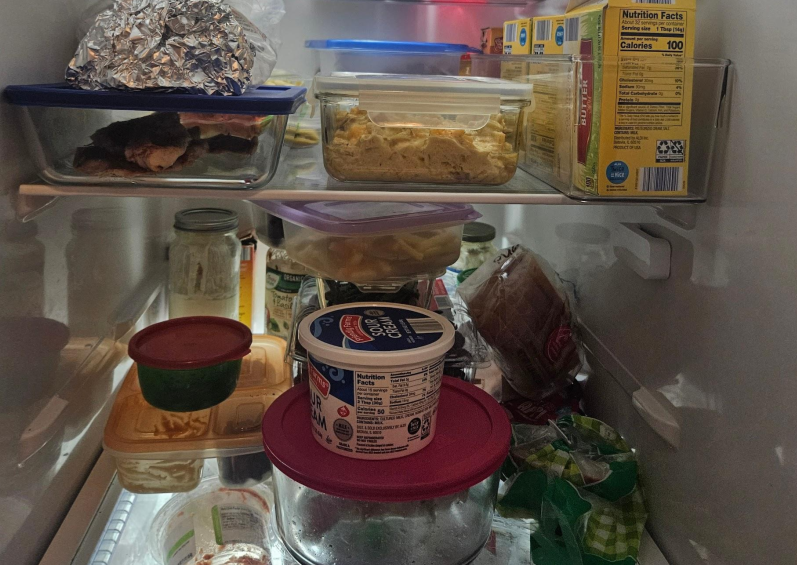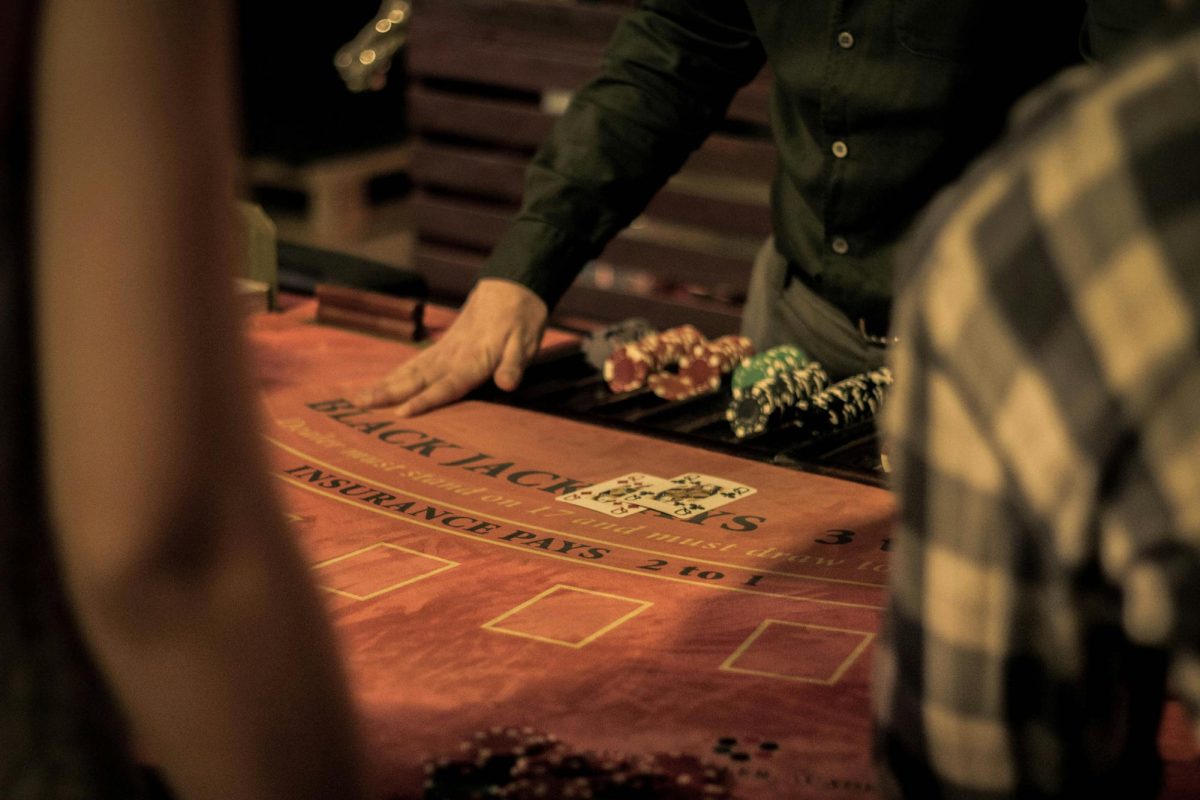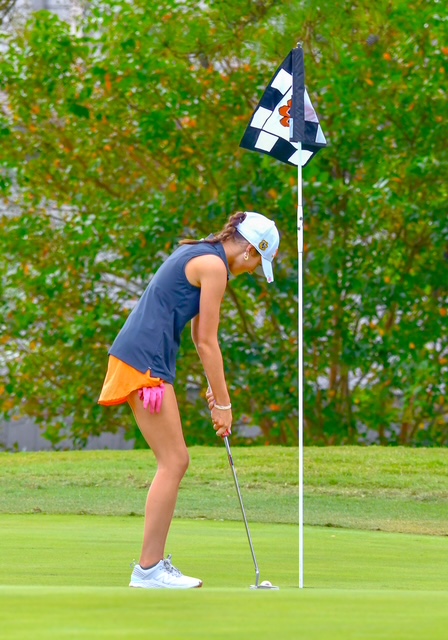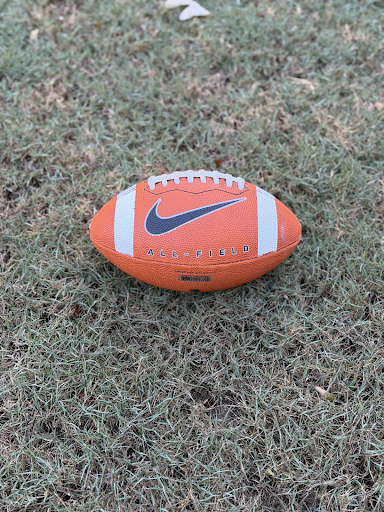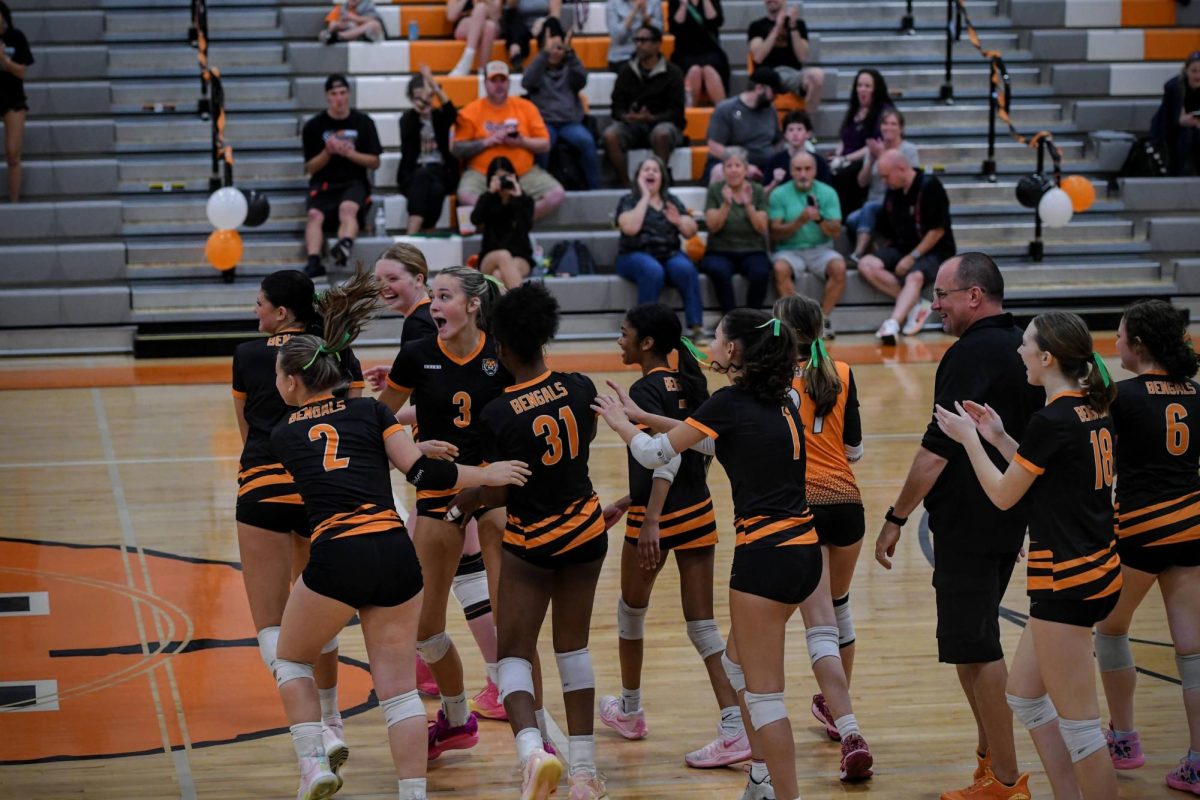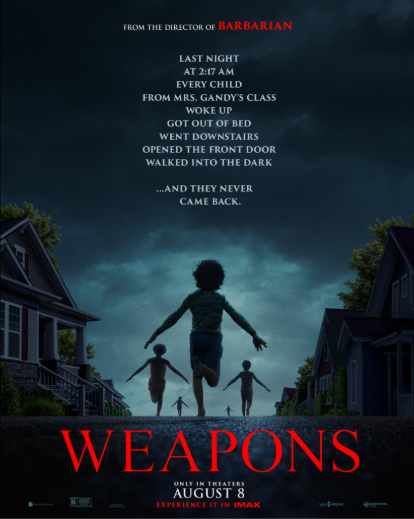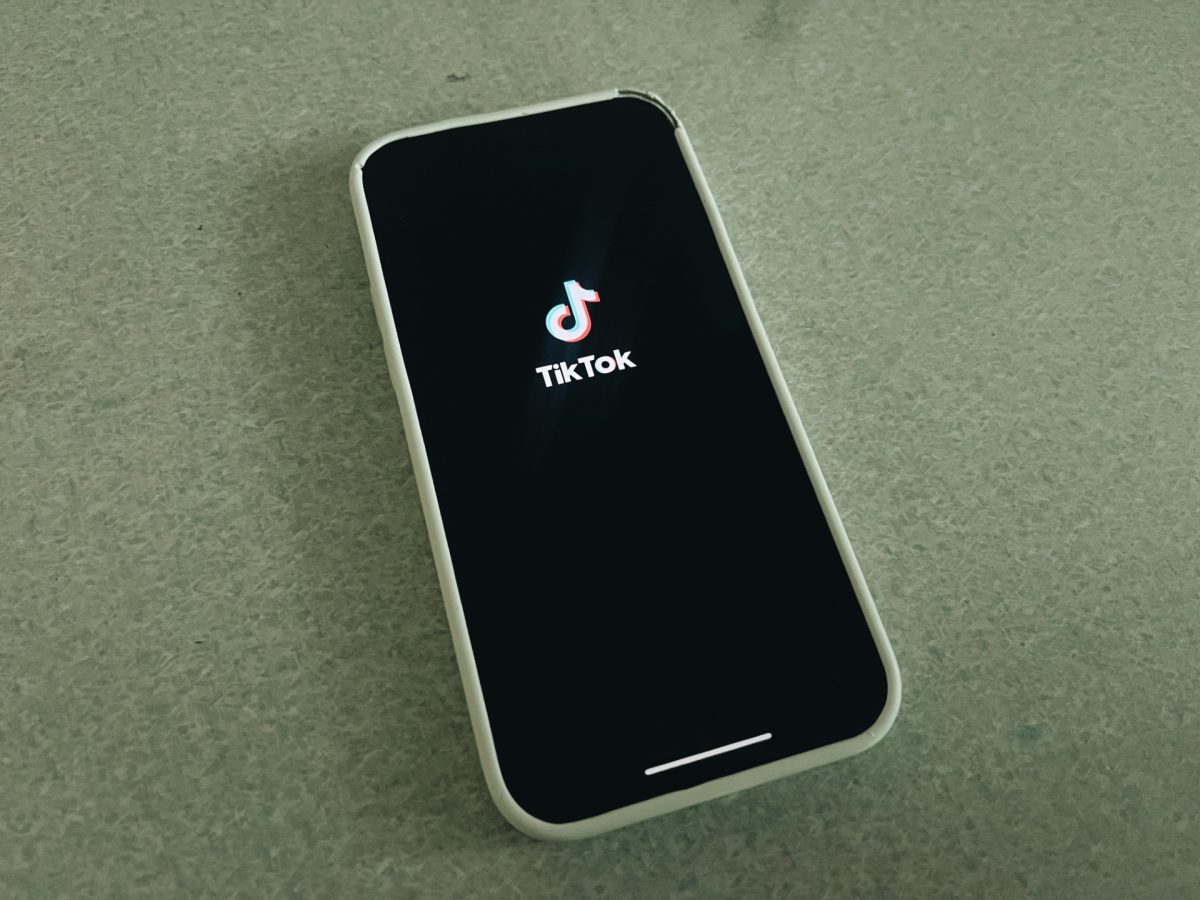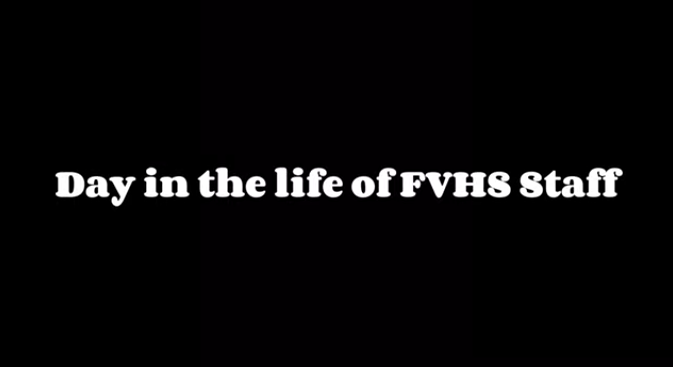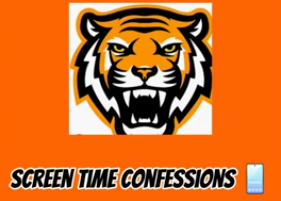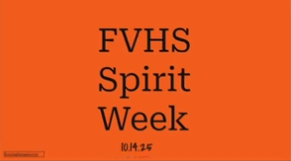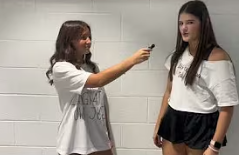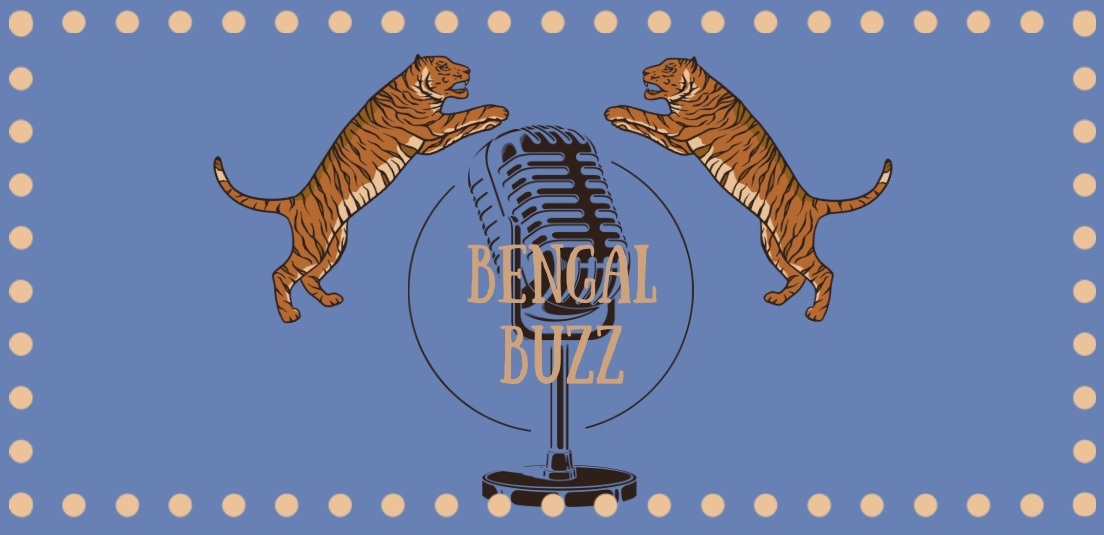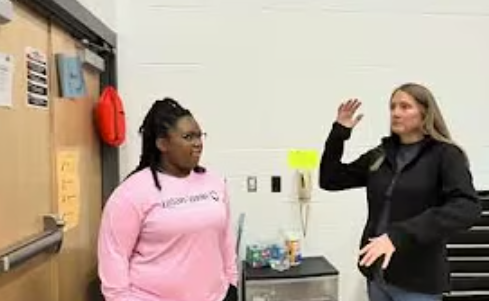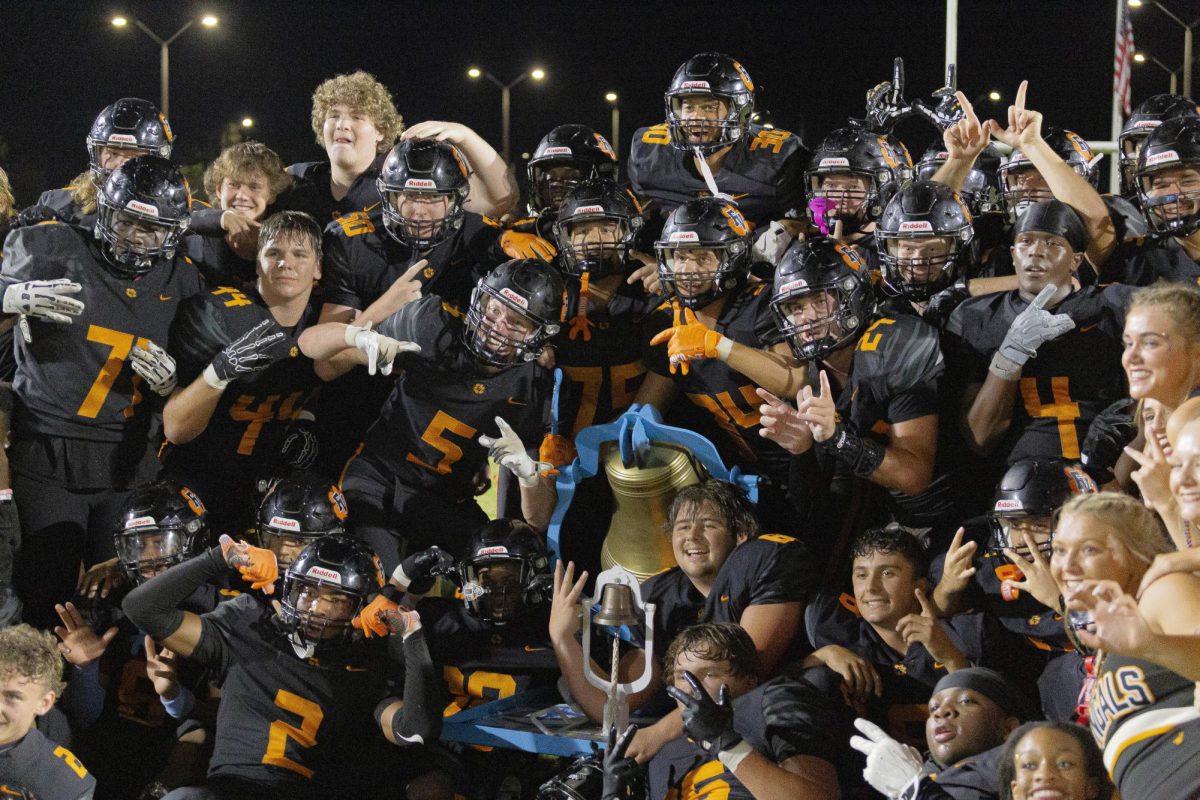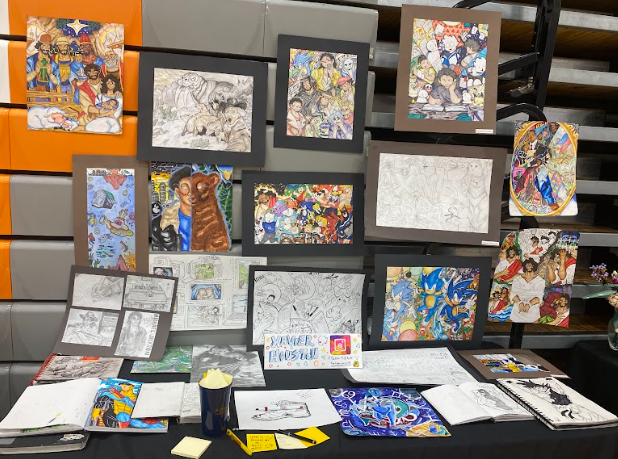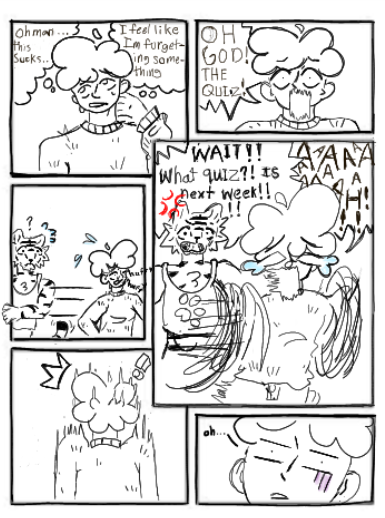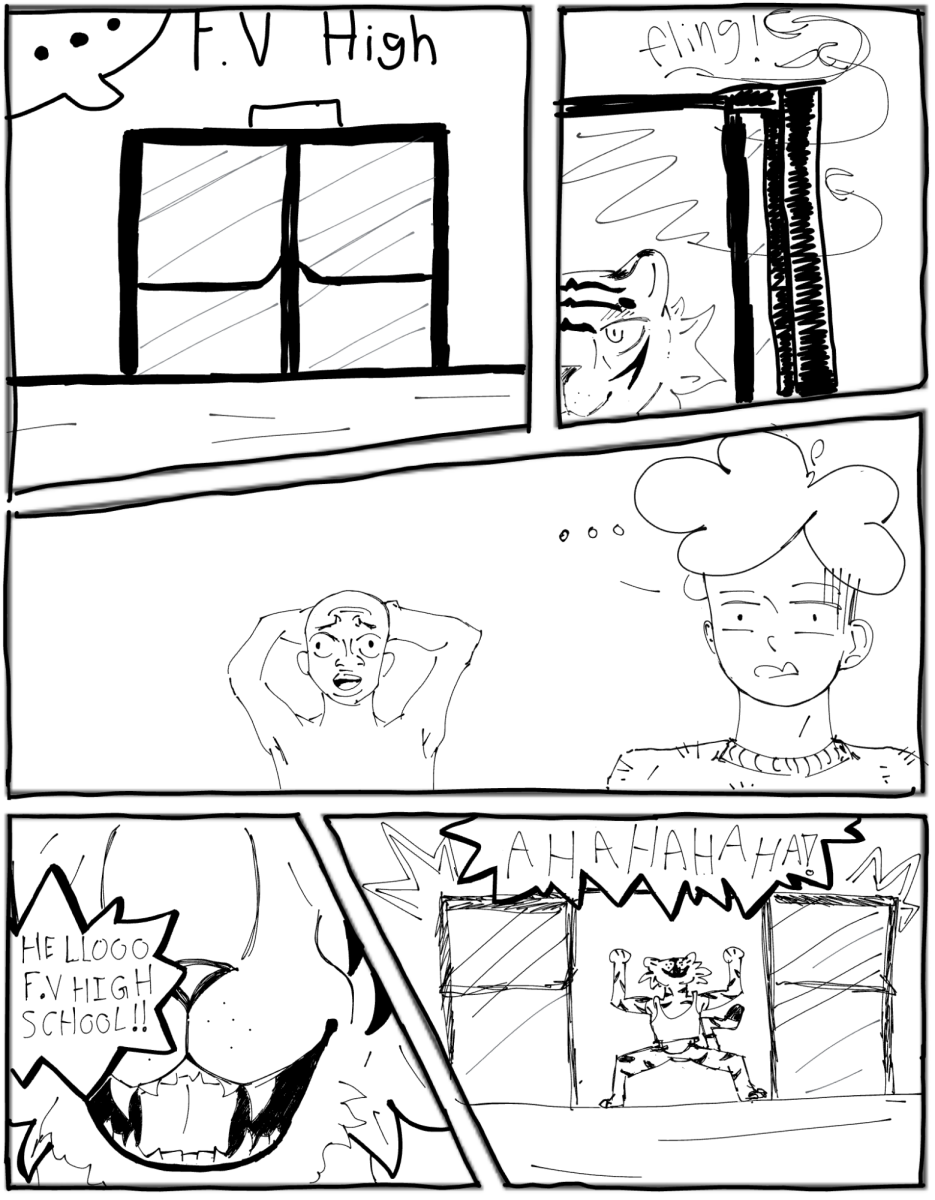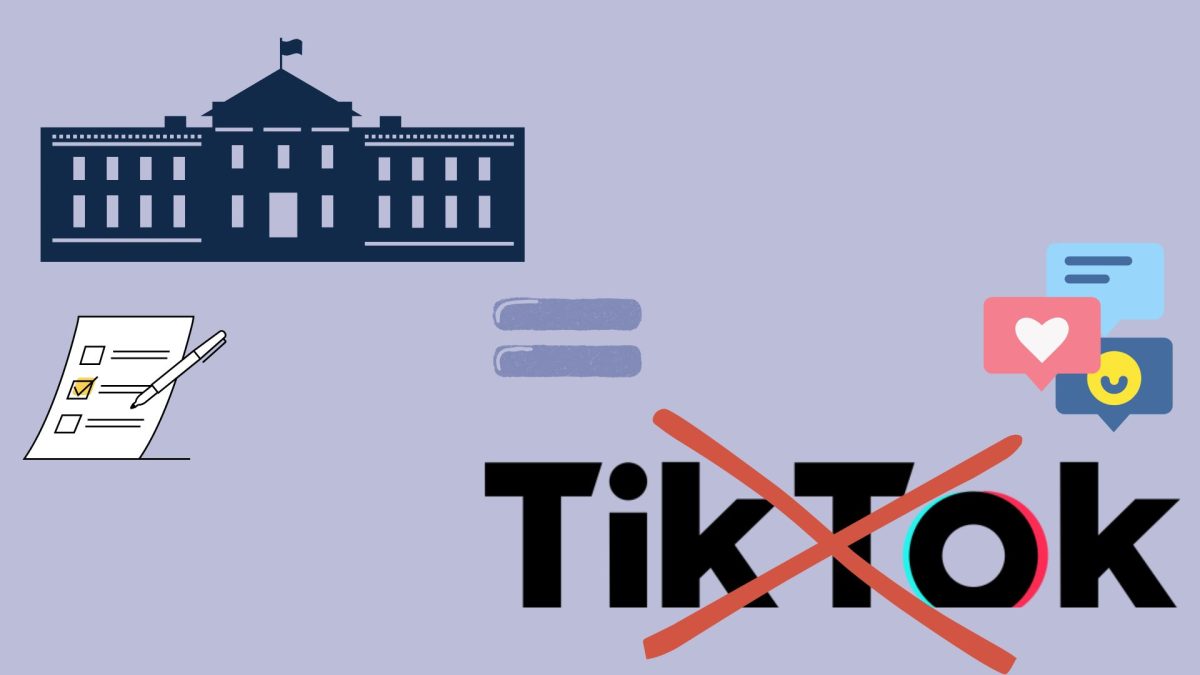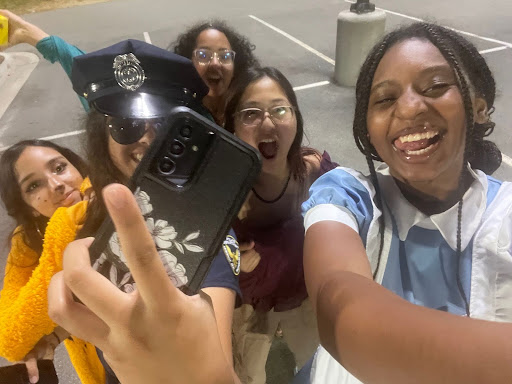The Tik Tok ban bill began on Jan 25, 2023, when the Biden administration sought to regulate Tik Tok and ban the app on all devices. They decided to take action because they had concerns on China’s ownership and influence on users. They allege they may be collecting sensitive user data and politically censored content.
Missouri Senator Josh Hawley introduced the bill to ban Tik Tok nationwide. For Tik Tok to be banned, the House and the Senate must pass the bill by majority vote. If both the Senate and the House vote on the passing of the bill, it will be sent to the president.
Biden will decide if he wants to veto the bill or approve of it. If the president were to veto it, the House and Senate could still override his veto as long as two-thirds of each body is in favor of the bill.
“I wouldn’t want it to be banned because a lot of us use the app, but I do agree that non-U.S. citizens shouldn’t have our information,” said sophomore Edwin Montes Perez.
On March 17, 2023 the investigation by the US Justice Department and the FBI officially started. With further investigation, they got confirmation from Tik Tok that non- U.S employees did have U.S users’ information. This is what caused concern about the app and what they are doing with users information.
As of now, the House has already voted to approve the bill. Overall, only 15 Republicans were against this bill, while 197 agreed with it. Meanwhile, on the Democratic side, 155 agreed with it and only 50 were against it. Now, the next step is for the Senate to approve of the bill for it to move on.
“I do feel that the bill has a potential of passing because there are other countries that have banned Tik Tok already. And I know that we are concerned about the digital footprint that it gives to the Chinese Communist Party, so I think there is a real possibility that it could be passed,” said civics teacher Christopher Kidder.
According to some studies, social media is linked to stress, anxiety, depression and effects on the learning process. When students are constantly on their phones during class, they are trying to multitask, therefore, they are not putting their full attention onto learning.
Since our brains get used to getting fast results and quick graphics, it may cause people to be less patient, and it may become more difficult to pay attention. A majority of people that are on Tik Tok are used to quick, 15 second to a minute videos. When they are in school paying attention for a longer period of time than they are used to, this lack of attention span causes learning difficulties.
“Social media has impacted students’ learning in a mixed way because it is a considerable distraction. But I do think you can leverage social media to learn, so I don’t think the brakes should be put on it fully,” said Kidder.
Overall, it seems that there is a high possibility that the bill will be passed by both the Senate and the president.



